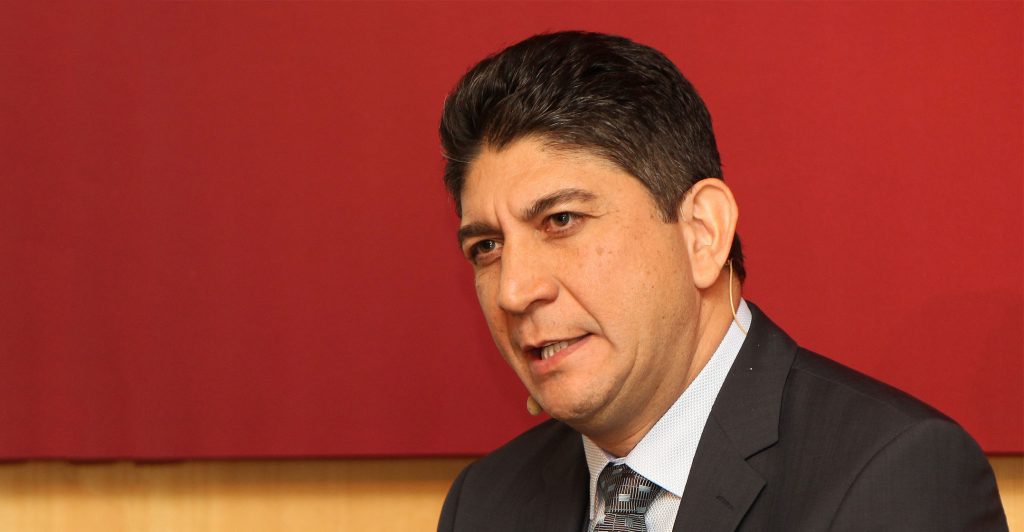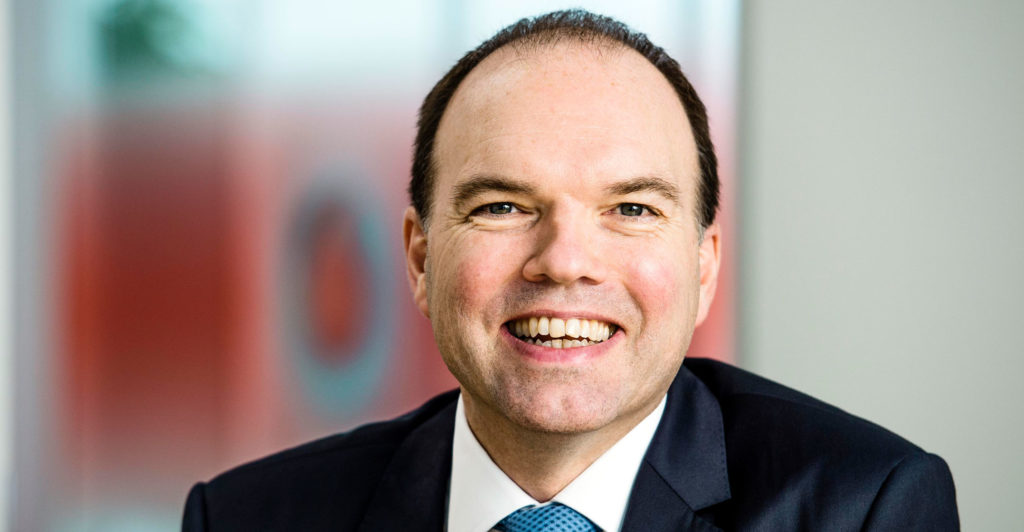
Vodafone Group will hand over management of its Ghana unit to the UK carrier’s separately listed South African division in April, the latest step to bring the company’s operations on the continent under one roof.
Johannesburg-based Vodacom Group will take responsibility for the West African business alongside other units including Tanzania, Mozambique, the Democratic Republic of Congo and South Africa, CEO Shameel Joosub said in an interview. Vodafone Ghana will keep its branding and there will be no transfer of assets from the UK parent, he said.
The move marks the second change by Vodafone to its Africa operations this year, part of a wider effort to simplify the sprawling global carrier and focus management attention on fiercely competitive European markets.
The Newbury, England-based company agreed to sell its Egyptian business to Saudi Telecom for US$2.4-billion last month to focus on the sub-Saharan Africa region. And in 2017, Vodafone transferred a minority stake in Kenya’s Safaricom, East Africa’s biggest company, to Vodacom in an all-share deal worth about $2.6-billion.
The changes add the kind of geographical reach that Vodacom could benefit from if the parent company eventually decides to sell down its 60% stake. Even if it doesn’t — Joosub said such a move is not on the cards — putting the African businesses under the same management may help Vodacom gain economies of scale.
“The larger group has sold some assets in north Africa, and the focus will be on sub-Saharan Africa under Vodacom,” Joosub said.
Joined Vodafone’s exco
The CEO was also awarded a place on Vodafone’s executive committee late last year, bringing him closer to the ear of Vodafone CEO Nick Read.
Vodacom has shown interest in Ethiopia’s planned privatisation of its state-owned phone monopoly, which will involve the auction of two new licences and the sale of a minority stake in Ethio Telecom later this year. While the timetable was recently pushed back, Joosub said he expects an information memorandum to be issued in April and May and the deals to be finalized in June.
Vodacom will partner with Safaricom on any bid, the CEO said. His counterpart at the Nairobi-based company, Michael Joseph, estimated last year that each licence would cost about $1-billion, but Joosub countered that it’s still too early to say.

“It will come down to the price points, the licence fees and what obligations are attached,” he said. “We have multiple teams on the ground to evaluate the market. They are compiling business plans to understand the opportunity.”
Other companies to have made their interest in Ethiopia clear are Paris-based Orange and Vodacom’s Johannesburg-based rival, MTN Group. With a fast-growing population of more than 100 million and limited high-speed connectivity, the Horn of Africa nation is an attractive market, Joosub said. — Reported by Loni Prinsloo and John Bowker, with assistance from Amogelang Mbatha and John McCorry, (c) 2020 Bloomberg LP

